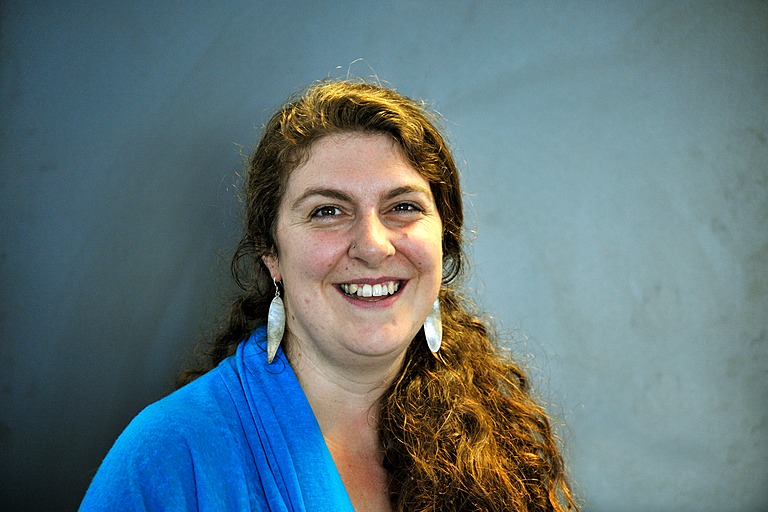New Year, Old Questions

Dr Jo Sadgrove, Research and Learning Advisor at USPG
In the days when Christmas parties were still a thing, I recall once being asked about my job as a researcher by a social worker. Once I had rather poorly explained what I did, he said, ‘So you’ve got one of those pointless jobs that doesn’t really mean anything?’ Fortunately, I am committed to the idea that accepting one’s irrelevance keeps the ego in check and takes the existential pressure off. I was happy to laugh and agree and return to the dancefloor. But the 'point' of my role is a challenge that I have had to work around throughout my career, and nowhere more so than in USPG.
In the charity sector, using financial resources to support research is legitimately questionable, even as an increasing number of charities recognise the value of deepening understanding about their own praxis. Frequent querying of the value of research also reflects the failure of many professional researchers to adequately communicate what they do and how their work might foster organisational and even structural change... in ways that go beyond writing impenetrable books and reports that no one can or will ever read.
In conversation with a good friend of mine over the weekend, we compared notes on working as academically trained researchers in the charity sector. We wondered at the mismatch between the questions that organisations often ask about the impacts that their projects and programmes are having, and the wide variety of nuanced stories that research collaborations gather which paint much more interesting pictures. A focus on metrics, on SMART targets, on things that can be easily counted (malaria nets distributed, HIV infection rates, families fed for example) reflects the power of a very particular world view – a quantitative one that too often serves organisational and funder accountability rather than the mission of the organisation to those it seeks to serve.
In our own work over the years, USPG have learned that in terms of rates of infection, it doesn’t matter how many malaria nets are distributed if they are used by communities for generating income through fishing, rather than covering beds. Delving deeper into the connections between formal programme reports and the realities of community life, complexities inevitably emerge. One USPG funded partner reported that, as the result of a health programme, more babies were being delivered in hospital. Yet anecdotal conversations in local communities indicated that the increase in facility deliveries was more likely to be the result of the government offering financial incentives to encourage women to have their babies in hospitals, rather than anything that the community health project was doing. All too often, organisations look for simple, measurable ‘outcomes’ that can be easily reported to supporters and funders, rather than trying more deeply to understand both the contexts and communities that they are working with and the impact that their work might really be having.
Perhaps then, there is some value to this ‘pointless job’. As researchers, we must become better communicators. We must continue to think ethically about what we are doing and why. To challenge the organisations for which we work to think more critically, to understand the communities that they seek to serve, to reflect on their praxis in ways that might render them better able to fulfil their mission is, I hope, a task worth pursuing in 2022.
